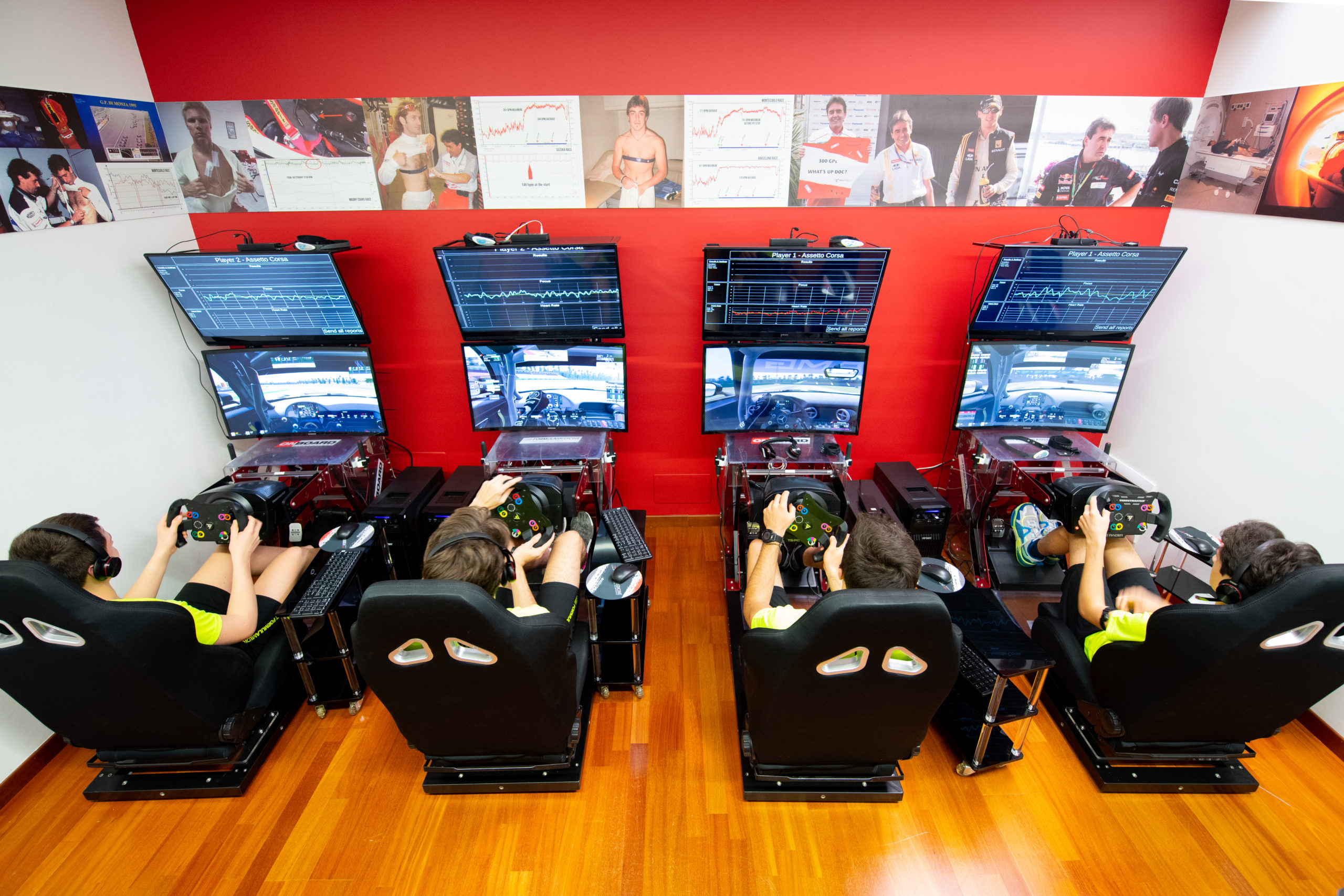-

DRIVER TRAINING
& PERFORMANCEDRIVERS TRAINING
& PERFORMANCE"Formula Medicine’s history has written record numbers, day after day, with more than 1600 drivers from 68 countries, making it a world leader in this sector. This success is derived from more than 30 years of scientific research at F.1 circuits and with prestigious universities, which have led to the development of proprietary and exclusive equipment and methods, which differentiate it from its competitors."
"Formula Medicine’s history has written record numbers, day after day, with more than 1600 drivers from 68 countries, making it a world leader in this sector. This success is derived from more than 30 years of scientific research at F.1 circuits and with prestigious universities, which have led to the development of proprietary and exclusive equipment and methods, which differentiate it from its competitors."
33 years in F.1. assisting 80 drivers and 19 teams at 550 GPs
33 years in F.1. assisting 80 drivers and 19 teams at 550 GPs

Simulator training
Formula Medicine’s simulator room can accommodate up to 6 drivers at the same time. Each simulator is equipped with an advanced body parameter monitoring system. The main purpose is to train the driver to achieve maximum Neural Efficiency, in other words keeping body and brain activation low while producing high driving performance. This is needed for better consistency, reduced errors and delayed onset of fatigue. Simulator training represents an opportunity for the driver to experiment techniques learned in the Mental Economy Gym® and then ultimately transfer them directly to the track in competition.


Training camps
For teams with a certain number of drivers, Formula Medicine organizes Training Camps both at home and abroad, providing athletic and mental training with the additional goal of creating a solid team spirit.
Training camps for kart
On-site training camps are a useful training method for young kart drivers. These are group activities for young drivers, often very young ones, aimed at giving them the necessary knowledge for reaching competitive maturity, through an educational pathway based on increasing their self-awareness and self-confidence.


Scouting
The perfect knowledge of the mental requirements that characterize successful drivers, and the availability of sophisticated systems for objective evaluations, allow Formula Medicine to identify amongst talented young people those with the greatest potential to become champions. One of the fundamental characteristics is represented by the ability to know how to maintain an “easy going approach” from a very young age, even in conditions of stress and psychological pressure. Among the young people who distinguished themselves in these evaluations we can mention Jarno Trulli, Felipe Massa, Robert Kubica, Daniel Ricciardo, Jules Bianchi and Charles Leclerc. Today more and more teams and managers turn to Formula Medicine to identify the most promising talents from the point of view of mental predisposition.
Trackside assistance
For more than 30 years, Formula Medicine has been providing trackside assistance services to drivers and teams, satisfying all requirements in medical, mental, athletic and physiotherapy, even at racetracks. Thanks to a “Task Force” made up of more than 60 professional experts with various specializations and nationalities, Formula Medicine participates in more than 100 events every year in 20 different motorsport categories, from Formula 1 to karting, including prestigious championships such as WEC, Formula E, IMSA and DTM, and not forgetting motorcycle categories.


FormuLab
In 2019 Formula Medicine introduced the innovative FormuLab, the first portable medical laboratory present in the F1 paddock, complete with ECG, ultrasound system and blood analysis. With FormuLab, screening can be done directly in the paddock to check the general state of health and exclude any medical emergencies.
Safety department
Further evidence of Formula Medicine’s professionalism is represented by the Safety department. In 2005 Formula Medicine was commissioned by all the Formula 1 teams and by the GPDA (Grand Prix Drivers Association) to carry out checks on safety standards during F.1 tests and to propose possible improvements. The primary objective was to standardize all circuits towards a level of efficiency that would guarantee the maximum possible safety for drivers and teams, given the serious shortcomings present at that time at some circuits. After 17 years, the service is still active and boasts 140 tests carried out at 20 different circuits, with the intervention of 14 doctors and 4 paramedics specialized in first aid and resuscitation.


Performance studies through monitoring
Dr. Ceccarelli, since his first year of circuit activity in 1989, already understood the importance of investigating driver heart rates during races, with the aim of analyzing and improving performance. From the first tests it immediately emerged that drivers are subjected to intense cardiovascular loads, higher than those of any other sport.
Training programs born from research
Over the years Formula Medicine has developed sophisticated technologies to obtain increasingly reliable and complete data, despite the technical constraints imposed by the sport’s characteristics (primarily size, weight and resistance to violent acceleration of the instruments used). Analysis of data collected by studying drivers’ cardiac activity, combined with double blood samples taken immediately before and after the Grand Prix, made it possible to detail the extent of physical, mental and metabolic stress, and to prevent psychophysical deterioration through appropriate improvements in physical and mental training programs, nutrition and hydration.


Data analysis is essential for personalization
The physical parameters detected through driver monitoring on track are enriched by a parallel data collection program that also takes place outside the circuit, in the Viareggio headquarters, during mental and physical training sessions. Thanks to the technologies developed in recent years by Formula Medicine, it is possible to objectively evaluate the necessary psychophysical abilities specific to driving, and then work on the critical aspects of the individual driver.



